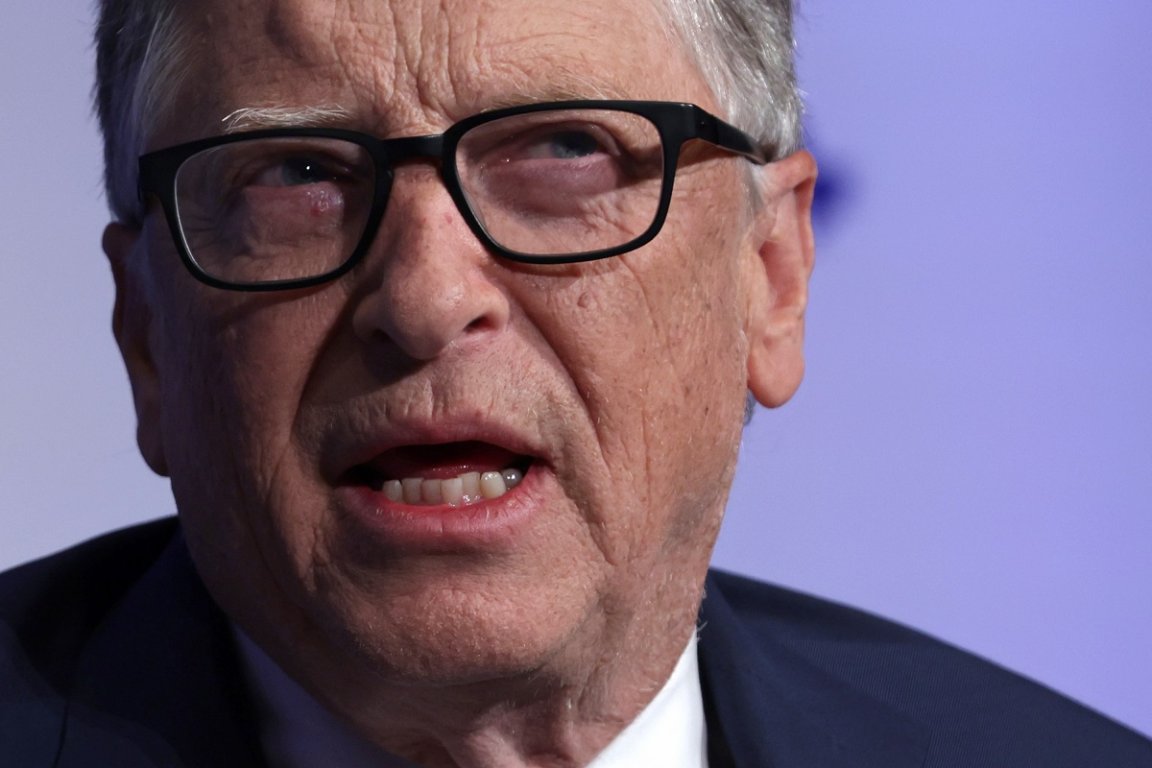
Bill’s Bad List
Whether he’s been comparing AI to nuclear weapons or declaring that the tech could decimate existing search engines, Microsoft founder Bill Gates has made it clear: AI is poised to change the world as we know it, and we need to start readying ourselves for that not-so-distant future.
“Soon after the first automobiles were on the road, there was the first car crash,” the billionaire wrote in a Tuesday post on his personal blog. “But we didn’t ban cars,” he added, arguing that we instead began to enforce “rules of the road.”
“We’re now in the earliest stage of another profound change, the Age of AI,” he continued. “It’s analogous to those uncertain times before speed limits and seat belts.”
Gates then went on to list a number of legitimate AI concerns that underscore the growing need for AI rules and regulations. At the top of Bill’s Bad List, notably, was the threat that AI poses to democratic election meddling and misinformation.
“Deepfakes and misinformation generated by AI could undermine elections and democracy,” Gates wrote. “On a bigger scale, AI-generated deepfakes could be used to try to tilt an election. Of course, it doesn’t take sophisticated technology to sow doubt about the legitimate winner of an election, but AI will make it easier.”
Electile Dysfunction
It’s a fair point. In just the past few months, AI has been working its way into the 2024 presidential race in new and increasingly surprising ways. AI-generated imagery, for example, has already been used in two political ads related to the 2024 election, while a Super PAC funding another GOP candidate, “bitcoin mayor” Francis Suarez, introduced an AI-powered deepfake of their candidate for voters to interact with.
And this is just what’s been produced by candidates and political organizations themselves. Experts worry that bad actors might use AI to produce political misinformation at scale, be it written content or visual and auditory deepfakes.
Gates, for his part, says he has hope that we’ll be able to defend against harmful synthetic content, though it’ll likely be a “cyclical process.”
“Someone finds a way to detect fakery, someone else figures out how to counter it, someone else develops counter-countermeasures, and so on,” he wrote. “It won’t be a perfect success, but we won’t be helpless either.”
It’s also true that new technologies, social media especially, have long had a hand in modern political arenas. Even so, there’s no doubt that these are changing times, and parsing through what’s real and what isn’t is getting more complicated than ever.
More on AI and 2024: Ron DeSantis Ad Features AI-Generated Images of Donald Trump Kissing Fauci